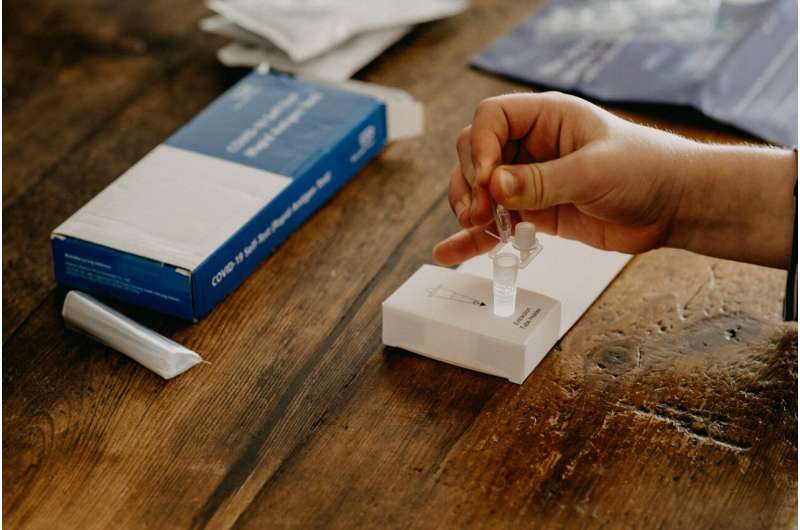RFK Jr. Considers Removing Members of the Preventive Services Advisory Panel

U.S. Health Secretary RFK Jr. considers removing members of the influential Preventive Services Task Force, raising concerns over future preventive health policy decisions and access to insurance-covered services.
U.S. Health Secretary Robert F. Kennedy Jr. is contemplating the removal of all 16 members from the advisory group responsible for recommending preventive health services that should be covered by insurance. This group, known as the U.S. Preventive Services Task Force, consists of healthcare professionals including doctors, nurses, and public health experts. They dedicate their time to reviewing current research on various health issues such as diabetes, cardiovascular diseases, obesity, and mental health, shaping policies that influence coverage under the Affordable Care Act.
The task force's recommendations are influential, as they determine which preventive services insurers must provide at no cost to consumers—particularly if the services receive an A or B grade from the panel. While the Department of Health and Human Services has stated that no final decisions have been made regarding changes to how the task force operates, some experts express concern about potential disruptions.
Kennedy’s recent actions include postponing a scheduled meeting of the panel that was to focus on heart disease. The reasons for this postponement remain unclear, and there is uncertainty whether the meeting will be rescheduled. Historically, the panel's decisions have faced opposition from conservative groups, notably in cases like the recommendation for free HIV prevention medication (PrEP), which led to legal challenges culminating in a U.S. Supreme Court ruling confirming the authority of the health Secretary to oversee the panel.
Kennedy has indicated that tackling childhood chronic diseases is among his top priorities. In June, he dismissed all 17 members of the CDC’s Advisory Committee on Immunization Practices, replacing them with new members, some known for vaccine skepticism. His intentions regarding the future of the Preventive Services Task Force remain unclear.
This move raises questions about potential shifts in health policy priorities. Experts emphasize that the task force plays a vital role in maintaining access to essential preventive care services, which are integral to public health initiatives.
For more details on the role of the U.S. Preventive Services Task Force, visit their official site.
Stay Updated with Mia's Feed
Get the latest health & wellness insights delivered straight to your inbox.
Related Articles
Harnessing AI to Determine Safe Discontinuation of Antidepressants
Advanced AI models developed by researchers can predict when patients may safely stop using antidepressants, offering a new tool for clinicians to improve medication management and reduce side effects. This innovation aims to support safe deprescription practices in mental health care.
Breakthrough in Immune System Research: Proteins That Trigger Cellular Immunity in Bone Marrow
Scientists have identified key proteins, Tcf1 and Lef1, that are crucial for initiating T cell development in the bone marrow, advancing our understanding of cellular immunity and opening new avenues for immunotherapy and vaccine development.
Prozac Enhances Brain Plasticity by Modulating Energy Systems in Key Neurons
New research shows that Prozac promotes brain plasticity by altering energy management in key neurons, potentially improving depression treatment outcomes.



